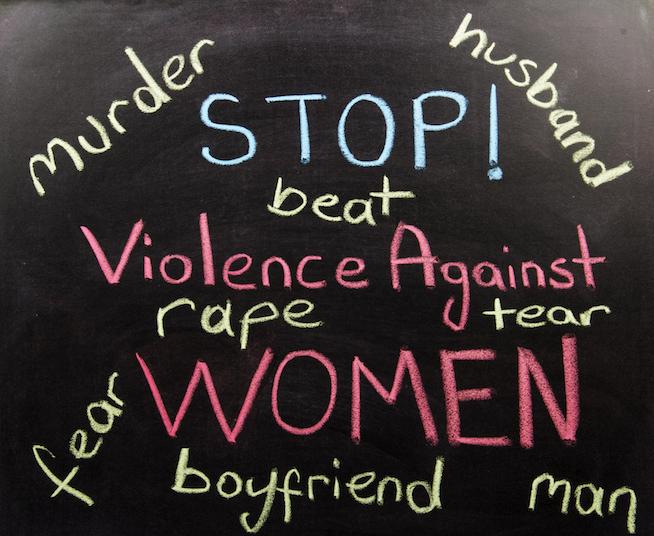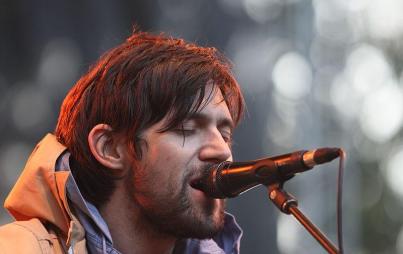
Stop Violence Against Women
The slippery slope of the trivialization of a very sincere cause can become trendy, which is jarring.
Sexual assault on university campuses has rightfully been emerging as the focal point of many discussions. In an essay by Laura Kipnis titled Sexual Paranoia Strikes Academe she argues that sexual assault (among other things, such as student-professor sexual relations) has been exaggerated. She suggests that sexual assault has been centralized on campuses, and that young feminists have created a type of ‘mellow drama.’ Although I agree that accountability is largely lost, as a result of the surge in the surface-level discourse of rape culture on campuses, I would not describe it as paranoia. It is a late and much-needed discourse, but seems largely performative in recent years.
When the discourse surrounding sexual assault prevention is at the forefront, it is still done in ways that lack nuance and does not necessarily support survivors. Laura Kipnis and I agree that sexual assault is becoming a key crutching point for schools, has caused sloppy work and inauthentic ally-ship, and has resulted in a hyper-presence of the discourse that is hollow.
Last semester, in a poorly executed attempt to be part of the trending stance of advocating against sexual assault on campus, an incumbent slate of student leaders at University of Toronto developed a crossword on their promotional materials. Sexual assault was thrown in a list of words to find along with words like ‘food,’ ‘snow day,’ and ‘shuttle bus.’ When handed this crossword on my way to class by ‘progressive students,’ I froze looking down the list. An issue I worked so hard to mitigate on campuses through organizing, activism, and research was so trivialized, it was included in a crossword.
I see student leaders jumping on the bandwagon across campuses to say, “I will combat sexual violence on campus if you elect me.” Based on what I have heard on other campuses about male student leaders being sexist, misogynistic, and perpetuating rape culture, I worry about the accountability and legitimacy of these campaigns. The slippery slope of trivialization of a very sincere cause can become trendy, which is jarring. The least student leaders (who want to support sexual assault survivors and safe space on campus) can do is due diligence, listen, and be better.
Let us follow the dialogue prompted by Emma Sulkowicz, a student at Columbia University. She created a most provocative call for a discussion on campus regarding rape culture and policy (or lack thereof). Through the performance piece entitled Mattress Performance (Carry That Weight), which involved carrying a mattress, similar to the one she was raped on, which made a haunting statement. Sulkowicz, a visual arts major, made waves with this piece; a powerful discussion evolved and solidarity displayed throughout campuses was evident this year. This suggests that students are not content with how rape culture is handled. Hopefully, this is not the end of a much-needed dialogue on what survivor-driven solidarity looks like for rape survivors on campuses.



